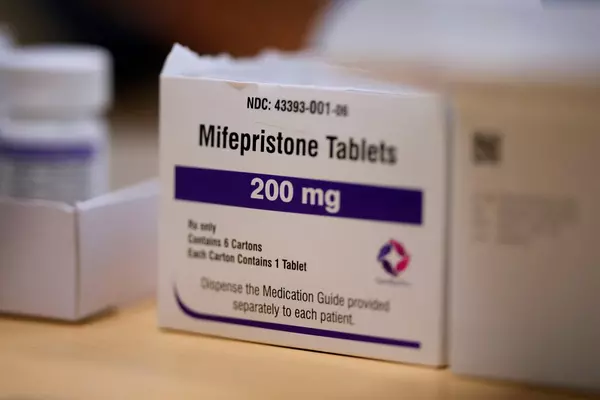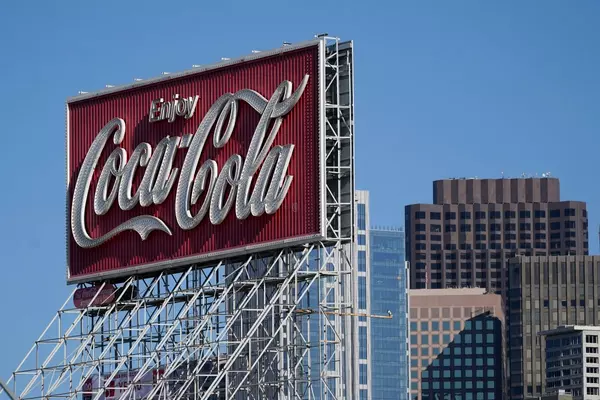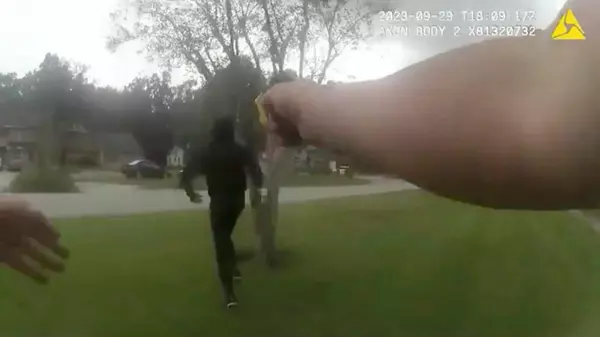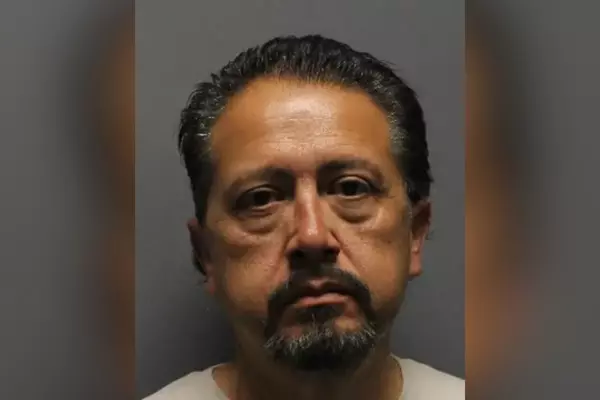
After Rishi Sunak’s cabinet reshuffle, men hold the top four positions in government for the first time since 2010.
Liz Truss’s ministry was notable for initially having no white men serving in the great offices of state for the first time in British political history, with Kwasi Kwarteng becoming the first black chancellor.
Downing Street said on Tuesday that it was not focused on “tick-box diversity” and the prime minister was “clear that its actions and tangible impacts on the public that matters”. Sunak’s press secretary said women were getting senior jobs elsewhere in government, and a lot of women had risen up the ranks.
All of the ministers holding the four great offices of state were privately educated. Sunak attended Winchester College; the chancellor, Jeremy Hunt, went to Charterhouse; the foreign secretary, David Cameron, attended Eton; and the home secretary, James Cleverly, went to Colfe’s School.
Here are other key takeaways on the makeup of Sunak’s new ministerial team:
Three of the four top cabinet ministers – Sunak, Hunt and Cameron – graduated with first class honours in philosophy, politics and economics (PPE) from Oxford.
The last time all four top ministerial positions were held by men was at the end of Gordon Brown’s Labour government, with Brown in No 10, Alistair Darling as chancellor, Alan Johnson as home secretary and David Miliband as foreign secretary.
The number of female cabinet ministers has dropped by 5%. Some of those in post include Victoria Atkins, the health and social care secretary; Kemi Badenoch, the business and trade secretary; and Claire Coutinho, the energy and net zero secretary.
The number of minority ethnic ministers has dropped from five to four. Those ministers are Sunak, Britain’s first Asian prime minister, Cleverly, Badenoch and Coutinho.
According to the Sutton Trust, 63% of the new cabinet were privately educated, which compared with 71% in John Major’s 1992 cabinet and 91% in Margaret Thatcher’s 1979 cabinet.
Of the 32 ministers around Sunak’s cabinet table, 21 went to private school, five went to grammar schools and six attended comprehensive schools.
Of those who were privately educated, 41% went on to attend Oxford or Cambridge university.
The six who went to comprehensive school equate to 19%, much lower than the 27% in Boris Johnson’s cabinet.
The Sutton Trust says the proportion of Sunak’s top team who went to an independent school is nine times the rate in the general population, which is roughly 7%.
• This article and headline were amended on 14 November 2023. An earlier version incorrectly said it was the first time since 2010 that the top four posts were held by privately educated men.







